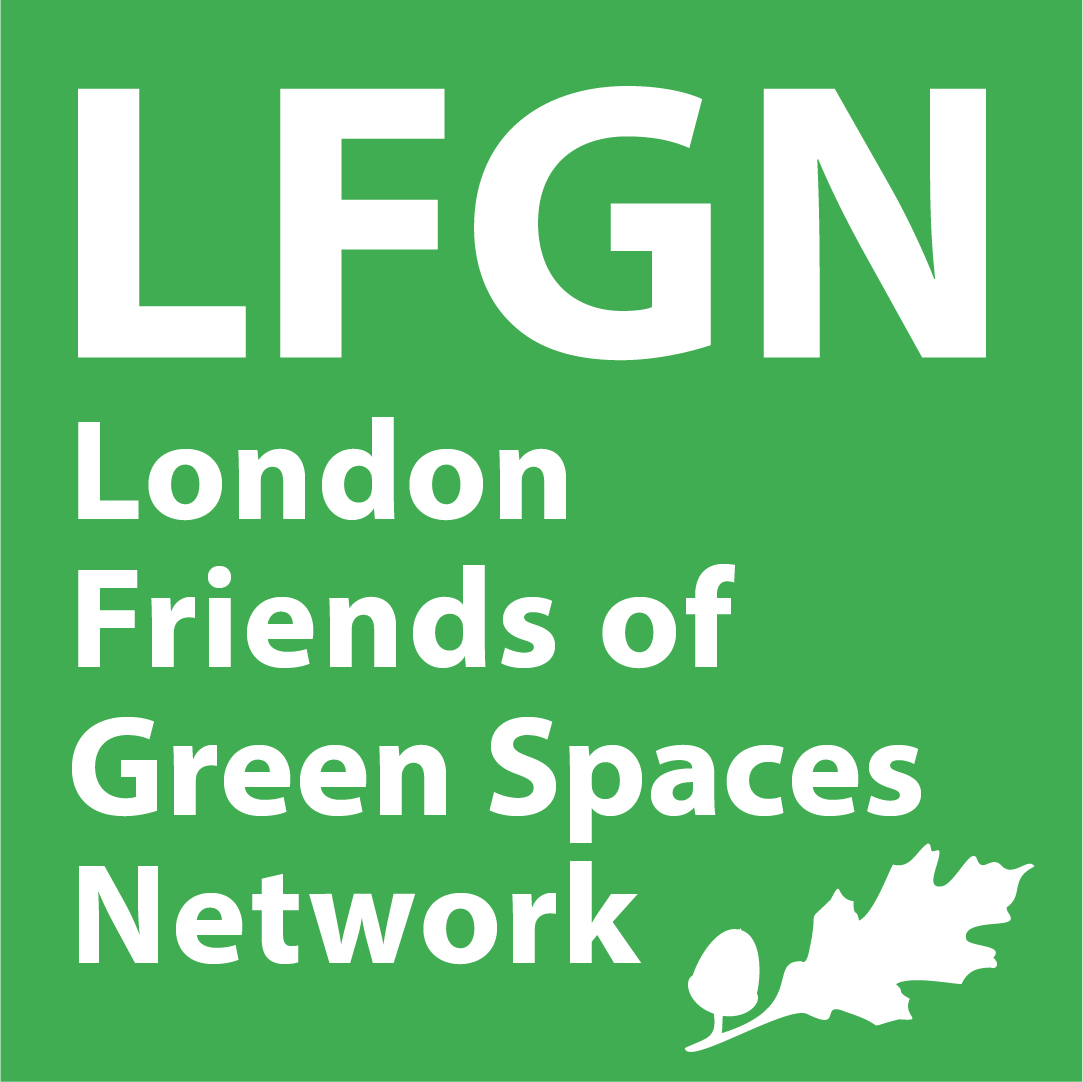june 2017
Key discussion – Trees in public green spaces: Suzanne introduced the issue:
– Trees are a great value to people, communities and the environment.
– We need to value and protect them as they have a wide range of benefits. Eg trees aid conservation and biodiversity / clean air / flood defence / health and wellbeing / urban cooling (a useful response to climate change).
– Once trees are lost it takes years to plant and grow new ones so we need to preserve and care for existing ones.
– There are many initiatives eg Local borough Tree Officers, local tree groups, local and national planting projects and protection/campaigning efforts.
– Nationally, the Tree Charter was launched by Woodland Trust 6th Nov 2016 and is live now. Everyone encouraged to sign and spread word. There is a Blog and a calendar for events in London.
Discussion followed and many points made, eg:
– Cleansing of air vital with all the diesel and other traffic fumes trees are battling.
– Volunteers need to defend parks, trees, plants, water-features.
– Promoting a Charter is important but hard work so needs lots of support.
– Ancient trees need protection
– Good trees should not be cut down.
– Friends groups have helped set up / care for orchards in their green space (eg Lewisham, Haringey).
– Friends can get grants – eg Lloyds Park got a grant for Science garden, Lordship Rec got £7k from Mayor of London for more planting + training. Woodland Trust, and London Parks and Garden Trust, both have some grants too.
– New trees need looking after and this needs to be explained to (and done by) councils / others
– Volunteers can ‘adopt’ a tree and water newly planted trees.
– Some Councils are good at promoting and planting trees.
– Black Poplar are in Richmond, Sydenham and other places, They are strong trees. Willows need looking after and pruning.
– Councils (and other managers) need a pruning programme re safety and health of tree.
– All Councils should be promoting biodiversity generally, and have a Biodiversity Action Plan (BAP) guiding their policies and practices. Check if your Council has, and read it and use it! If not, lobby for it! Some Councils have localised BAPs, including for many of their specific parks and green spaces (eg Haringey). Bromley Friends of Parks Forum are on the BAP committee also including Council reps – they defend trees and bats and their green corridors.. Every public green space could/should have one!
– Architects/designers for any building/development should be aware of importance of protecting and planting more trees. Planning Committees should enforce.
– Any trees to be felled should have their stumps and trunks/limbs left as its good for the insects especially in Parks. Importance of deadwood is not always taken into account.
– Road side trees are import and councils taking care of them. Hedges are important.
– Some poor maintenance practices? Bromley tend to strim or spray underneath as its on their contract to do so. Camden same problem.
– Need to defend woodlands eg campaign to save Southwark Wood/Cemetery, where 14,000 people have signed a petition to save the ancient trees as Southwark have been moving unmarked graves and felling trees to give space for new burial.
– Hackney have excellent community network of activists, the Tree Musketeers.
– Bromley have a good Tree warden programme.
– A byelaw against Tree Climbing by children was proposed (?) in Lewisham – dismissed.
– Forestry Commission is involved in a London Tree and Woodland framework.
– The London National Park City Campaign has a key focus on trees and is being very successful.
– There is a phone App – TICL – for making our own tree trails. Was set up with support from us in LFGN and the NFPGS, so free to Friends Groups. You can load photos and add words.
In summary, the chair concluded that Council and London policy needs improving, tree groups need supporting, campaigns need backing, Friends Groups can take up tree issues more systematically and forcefully. All thanked Suzanne for her powerful introduction..

